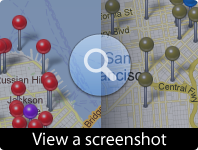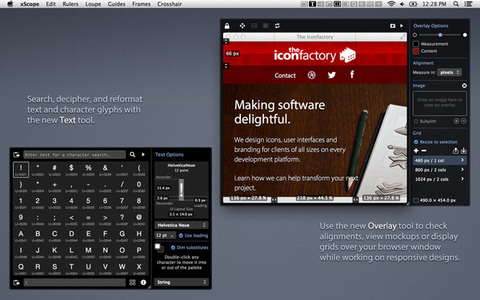

If you have found this solution useful then please do hit the Google (+1) button so that others may be able to find it as well. To display data graphically I will typically use Gnuplot, as I documented in this blog post, or the XMOS xSCOPE graphical display in xTIMEcomposer. xSCOPE uses the xCONNECT data path to route the data with very little overhead on the application being debugged. Bare-metal I assume is XMOSs way of saying that they will continue with xTIMEcomposer and xC without using those words. JTAG is horrendously slow for this requirement but on my favourite XMOS microcontrollers the debug data can be sent back to the development workstation using a parallel data path, called xSCOPE, in real-time. Ive built some projects and ran them on the X200 audio platform no problem now. 14.3.0 will now use the drivers installed with 14.2.3.
#Use xscope without xtimecomposer install#
Install xTIMEcomposer 14.3.0 but DO NOT INSTALL THE USB TO JTAG drivers.
#Use xscope without xtimecomposer how to#
One of the most common problems with these functions is how to include them in real-time applications without breaking the response time requirements. Install xTIMEcomposer 14.2.3 and let it install the usb to JTAG drivers as well. This function works in the same way as vprintf :

Vfprintf (fp_LogFile, ArgumentType, p_ArgumentList) Int debugfprintf (const char *ArgumentType. This function works in the same way as printf : So the first thing we need to do is clear any existing open debug.log file, as follows :įor the actual logging I will typically use the following two functions or variations of them : Next, I will use fprintf to send the results to a log file, called debug.log. The research work mentioned here not only illustrates the functionality of multicore microcontroller, but also express the novel technique of programming. #define DEBUG_ON 1 // Set to 1 to enable debugging To this end, printf is a pretty good solution but I find that a better one is to use fprintf to log the data to files, this way the tests can be automated and it is easy to use file comparison tools, like KDiff3, or python to check for differences between successive runs. While there are solutions for displaying signal data graphically, which we will discuss later, I often find that I need to log precise values so that I can check for single bit errors etc. I am often asked how I debug real-time and DSP functions.


 0 kommentar(er)
0 kommentar(er)
